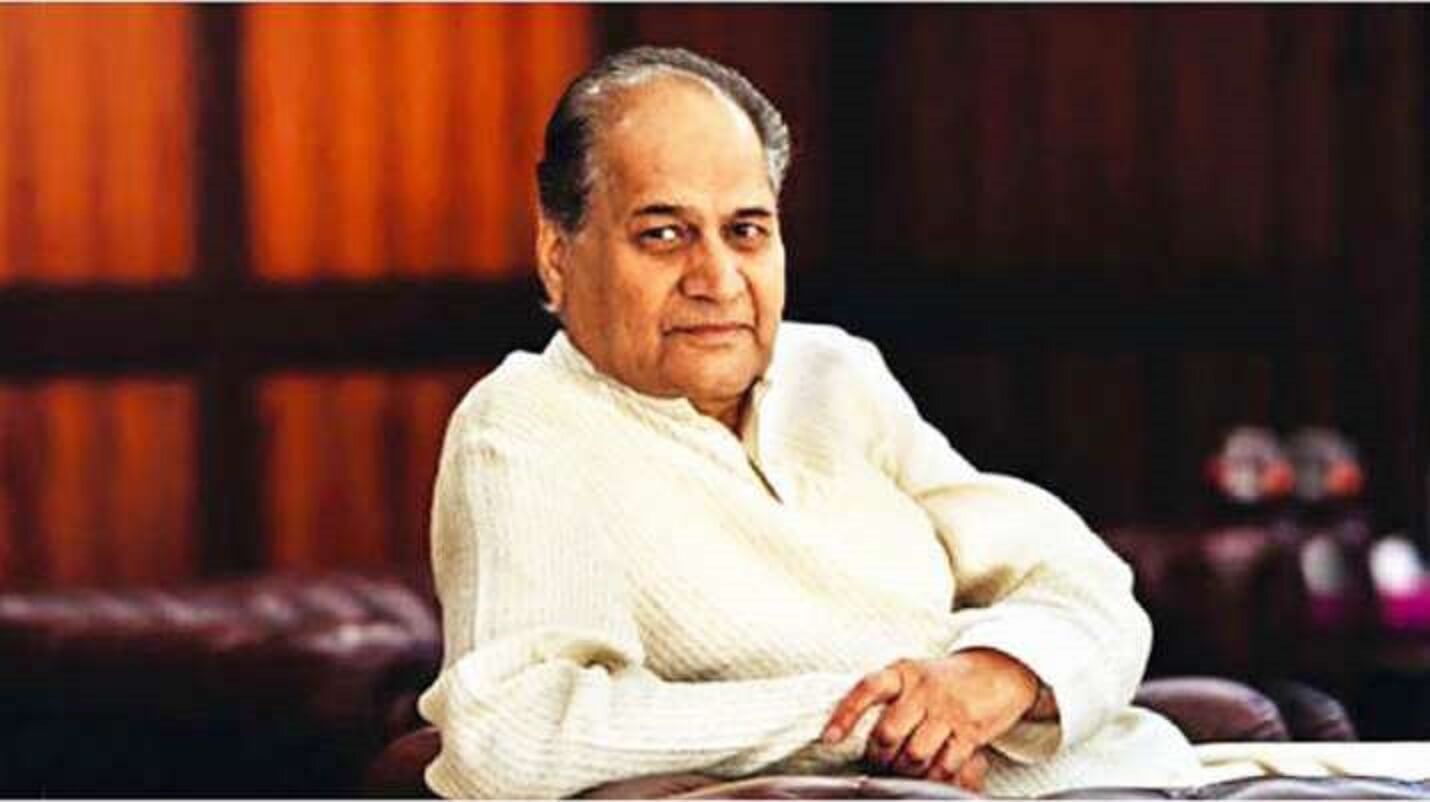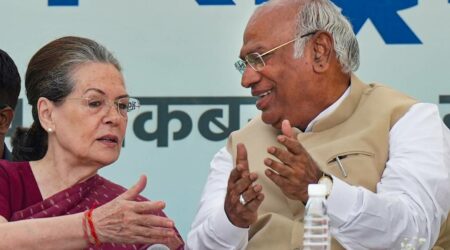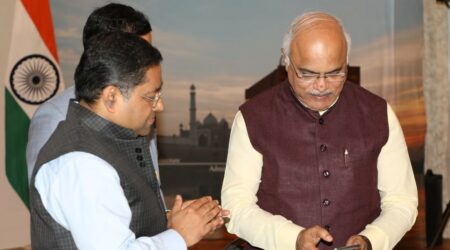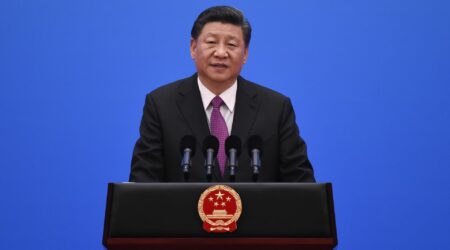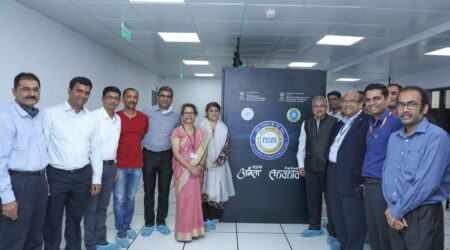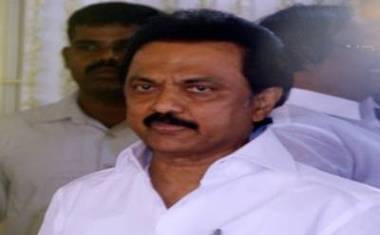A straight-talking, forward-thinking industry titan with a spine
It was one of industrialist Rahul Bajaj’s last major public appearances and he was fearless, as always. Speaking to Home Minister Amit Shah at a public meeting, he didn’t mince his words: “You are doing good work but if we criticize you, there is no confidence that you will appreciate that. I may be wrong. But we all feel that.” For good measure, he added: “In UPA2, we could criticize anyone…”
That intervention, which caused waves, was typical of the man who made Bajaj a household name. Says one person who worked with him for decades: “His business ethics were very high. Therefore, he had a clean conscience and could be outspoken. He could say what he wanted and would say – I am not afraid. I don’t need to be afraid. I sleep well at night.”
Bajaj was one of the Indian industry’s larger-than-life figures. He was scrupulously straight-dealing and straight-talking and he never hesitated to speak his mind, even to the highest in the land. It’s a measure of the high standing enjoyed by Bajaj that the Maharashtra government immediately announced they would give him a state funeral – an unheard-of honor for an industrialist.
He was certainly one of the tallest figures, in the Indian business fraternity. He had been at the top of the pyramid since the 1970s when Indian industry was kept on a tight leash by the government. At that time, he split with his European partners and turned Bajaj Auto into a colossus that famously had waiting lists for its scooters stretching for several years. That was an era when there were few business success stories in India. Bajaj did hold an almost monopolistic position in the market. But he also took pains to ensure that he was marketing a quality product when such a thing was almost hard to find.
But then, Bajaj was not just any ordinary industrialist. He was a man who could rise above the fray. Says Tarun Das, former director-general and CII chief mentor: “People who worked with him always found him fair-minded and, importantly, able to think about more than his personal interests. It was possibly because of his upbringing.” His grandfather, Jamnalal Bajaj, had been described as the “Gandhian capitalist”. The Mahatma, himself, had called him Jamnalal his fifth son.
Even his rivals on the road conceded that Rahul Bajaj, who also served as a Rajya Sabha MP, had never allowed business issues to come in the way of their personal relations. “At no point in time did our business rivalry….come in the way of him giving me a smile and putting his arm on my shoulder and saying: ‘Hello Venu, we have no problems,’ ” recalled TVS Group Chairman, Venu Srinivasan.
Bajaj, born in Calcutta in June 1938, was an unusual mix in that he was both a forward-thinking individual and also a strong traditionalist. Unusually for a Bombay Marwari family, he studied at St Stephen’s College in Delhi. That was followed by a two-year MBA course at Harvard. Bajaj, who took over Bajaj Auto, in 1972, brought all these influences to the table when running his businesses. He had a famous joke he used to tell: “Bajaj Auto is a professionally run company. Everybody is empowered in my team. They can do what they want as long as it’s in the company’s interest. But if they want to spend Rs5, they have to clear it with me.”
Definitely, he had imbibed a huge amount from his forbears like Jamnalal Bajaj and Kamalnarayan Bajaj who were famed for their probity. It was from them probably that he also got a strong sense of nationalism, long before it was a word that’s now tossed around frequently. Says Das: “He was very committed to India and very proud of India. He agonized when India was not doing well. Also, he was very committed to Indian industry.” Das notes that Bajaj was one of the first Indian businessmen to go international in a big way, putting up factories in countries like Indonesia.
Bajaj and his wife played key roles in keeping the extended Bajaj family together. His cousin, Niraj Bajaj, took over as the chairman of Bajaj Auto last year. Rahul’s son Rajiv runs Bajaj Auto while his other son, Sanjiv, heads Bajaj Finance. Also on the Bajaj Auto board are other relatives, Shekhar Bajaj and Madhur Bajaj.
One defeat came in the late 1980s when he sought to buy Ashok Leyland but was outbid by the Hinduja group. Famously, Bajaj was also one of the key figures in the Bombay Club which championed a level playing field for Indian industry and came into being soon after the moves to liberalize the Indian economy began. Bajaj was frank about his reasons for opposing opening up, arguing that the Indian industry was not ready to face intense competition from giant international players.
Bajaj also believed firmly in simple living. When he was setting up his factory in Pune, he decided that though he hated the idea of moving out of Mumbai, he and the family would have to live in the Bajaj Auto colony next door to the factory. Rajiv and his brother and sister were not sent to boarding schools or even to Mumbai for their schooling and went to the same school as other executives and workers.
(Courtesy: The Telegraph)


